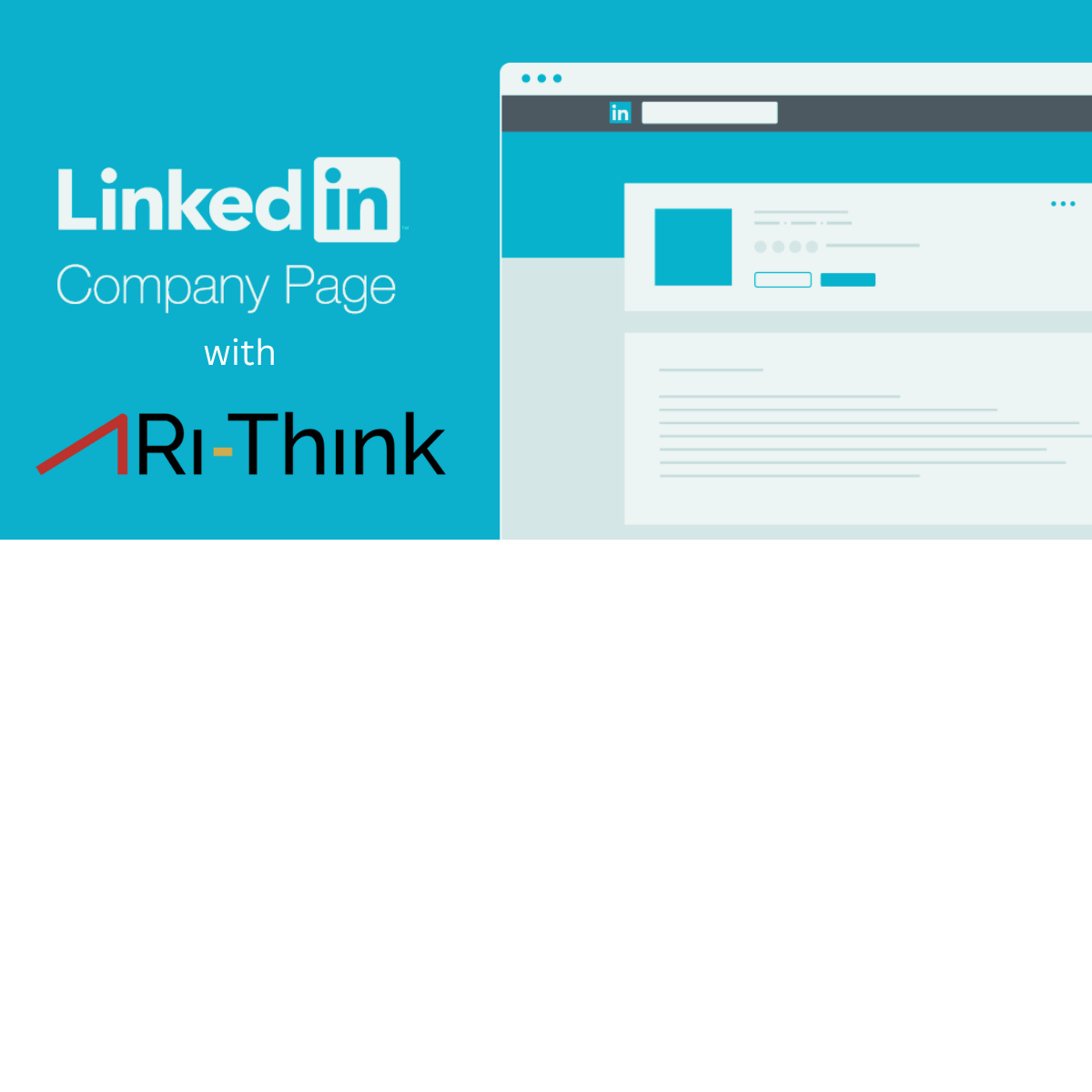AI in sales: 5 Tasks you can delegate to AI
Only 34% of companies globally use AI. Are you thinking of adopting AI to improve business efficiency but not sure where to begin? In this article, I talk about 5 sales tasks that can be delegated to AI!
AI is helping businesses save time and money, yet globally only 34% of companies use AI. Imagine if a chunk of your sales process could be automated, freeing up time during which the sales team could be selling more and uncovering opportunities to build revenue. Today, this is possible thanks to Artificial Intelligence.
On average, a salesperson actively sells for only 30% of their time. The remaining time is spent in admin tasks like updating the CRM, lead collection and research, email outreach, booking meeting and networking + socialising. This also explain why businesses that have adopted AI, most commonly implement it in customer Service.
From conversations with many business owners, I know that while a growing number of organisations would like to improve efficiency by adopting AI, they are unsure of unsure of how and where to begin their AI journey.
We spend hours researching new AI tools and platforms every week and below I’ve listed 5 areas in sales where you can implement AI.
1. Building call scripts
In the past, you would spend hours preparing templates and scripts for your target audience. Today, AI can build these calling scripts in minimal time. In fact, AI platforms can personalise each outreach as well.
2. Writing email templates
Similar to call scripts, writing email templates and creating various versions would be considered a painstaking task by many. But, with AI, this can be performed easily with personalisation. Mature platforms can take brand tone into consideration and design emails accordingly.
3. Lead collection
Everything begins and ends with leads. Without leads, we have no one to reach out to. AI platforms can now generate quality lead lists based on parameters you set and give you contact details for outreach. These platforms go way beyond scraping websites.
4. Creating proposals
Comprehensive proposals with beautiful imagery articulating your message and solution can be built with AI platforms, saving your team time, and reducing the gap between the client meeting and proposal being sent.
5. Identifying trends
Often businesses have a lot of data and information available but looking through that data to recognise buying patterns is a painstaking task. AI can do this in fraction of the time with minimal human intervention.
AI is changing the way we work at a rapid pace. Companies adopting AI tools will have a competitive edge. You don’t need to tackle this alone; our team is here to help you figure out how to adopt AI for your business!
If you’d like to explore AI tools and platforms that could enable a more efficient sales process, let’s talk!
If you’re keen to join a group of business owners for a workshop where you learn about various AI platforms, email me and I’ll send you the details!










